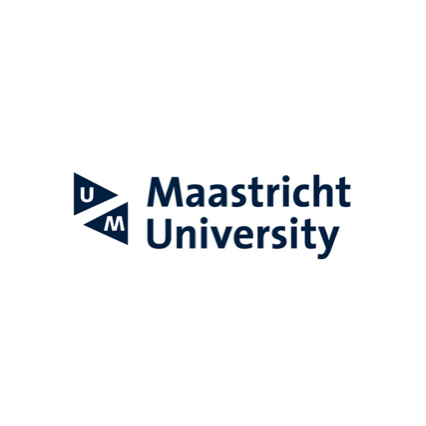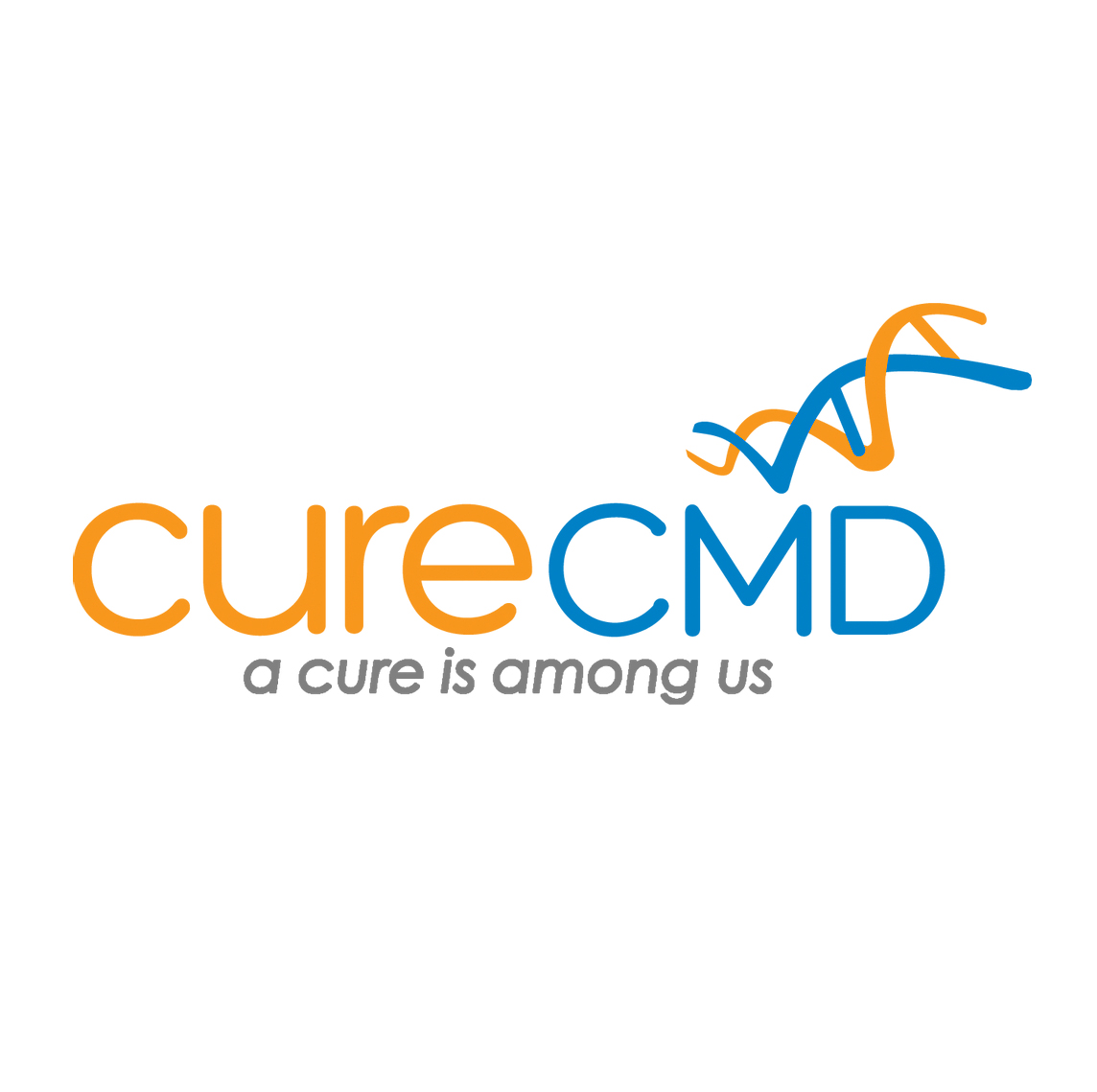Prof. Bert Smeets On The Development Of Autologous Muscle Stem Cell Treatment
Professor Bert Smeets is involved in a number of investigations looking into a muscle stem cell treatment strategy to treat LAMA2-CMD. The goal is to test this strategy in LAMA2-CMD patients.
Professor Bert Smeets of Maastricht University is currently leading research investigating the use of genetically corrected muscle stem cells to treat genetic and non-genetic muscle diseases. These muscle stem cells, called mesoangioblasts, exist in the body and are responsible for forming new muscle cells that can assemble into new muscle fibres. In LAMA2-CMD patients however, the muscle cells struggle to form new muscle fibres because of the LAMA2 mutation. To overcome this, the idea would be to first isolate muscle stem cells from a patient, and then genetically correct the mutation in these cells in the lab, using a genetic tool called CRISPR/Cas 9. These corrected stem cells can then be grown in the lab and given back to the patient via an atrial injection, so that they can start growing healthy muscle fibres again in certain regions of the body.
Clinical trial
To test this therapeutic strategy, Bert Smeets and his team have been running a Phase I/II clinical trial since 2019, in patients suffering from mitochondrial myopathies – another family of muscular dystrophies. This clinical trial aims to assess the safety and efficacy of the treatment strategy in these patients. The researchers then hope to apply this corrected stem cell therapeutic strategy, specifically for LAMA2-CMD patients. In collaboration with Radboud University Nijmegen, natural history studies are currently underway with Dutch LAMA2-CMD patients, and the ethical approval to isolate the muscle stem cells from LAMA2-CMD patients has already been granted. The natural history studies have allowed the identification of a particular mutation in the LAMA2 gene, that is present in more than 50% of Dutch LAMA2-CMD patients. Identifying these common mutations is important to design therapies that will be beneficial to as many patients as possible.
In addition, another collaboration between Dutch, German and Belgian research centres has already secured a €2.7 million grant from the EU. Their work will continue to focus on how to improve the process of modifying the stem cells and returning them to the patients, as well as reducing the overall costs as much as possible.






